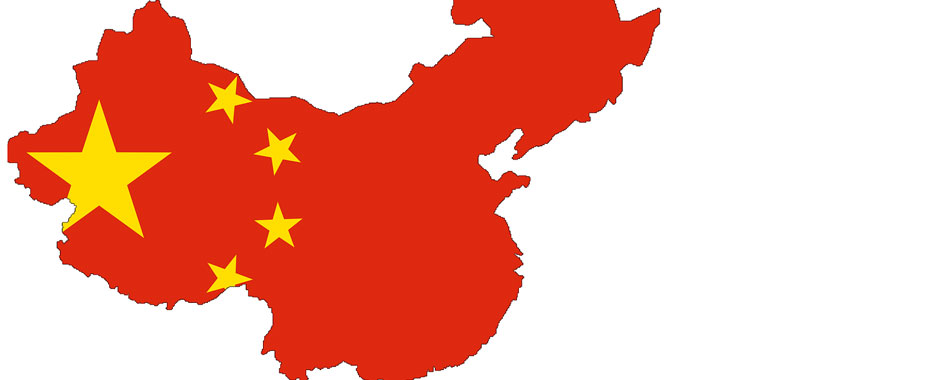Naspers expects its core headline earnings to rise by as much as 28% in the six months to end-September 2016 compared to the same period a year ago. The JSE-listed global technology and media giant said
Browsing: Tencent
US President-elect Donald Trump made the vilification of China a key plank of his stormy campaign. Yet its technology giants are already figuring out how they can profit off his victorious White House bid
Tencent Holdings, in which South African technology and media giant Naspers holds an approximately one-third stake, posted a 43% rise in third-quarter profit as its ability to attract Chinese gamers and social media mavens fuelled advertising growth. Net income climbed to
Fifteen years ago, a South African media company invested US$34m in an obscure Chinese Internet developer. Today that stake is worth $88bn. All Naspers, now Africa’s most valuable company, has to do is figure out how
Tencent Holdings, in which South Africa’s Naspers has a 34% equity stake, has surpassed China Mobile to become the country’s most valuable corporation, underscoring the growing importance of a vibrant private economy
Just across the border from Hong Kong in southern China, two gleaming towers of glass and steel are rising in a city long known for its manufacturing prowess. This is the new headquarters for Tencent Holdings, a US$599m
Naspers is facing challenges from weaker African currencies and competition from US technology operators as the continent’s biggest company by market values tries to grow its Internet and pay-TV businesses. Foreign-exchange movements
Tencent Holdings, in which South African media and technology group Naspers holds a 34%, posted a second quarter profit that beat analysts’ expectations as the company lined up more mobile games and media
Google nailed e-mail with the 2004 introduction of Gmail. But as traditional e-mail falls out of favour with a growing sliver of the population, Google has struggled to make its messaging tools relevant or introduce
Technology companies are a lot like contemporary art. Their valuations reflect narratives more than anything else, and it’s just as important to devise the right framework to describe a phenomenon as it is to build a beautiful product. Two New








